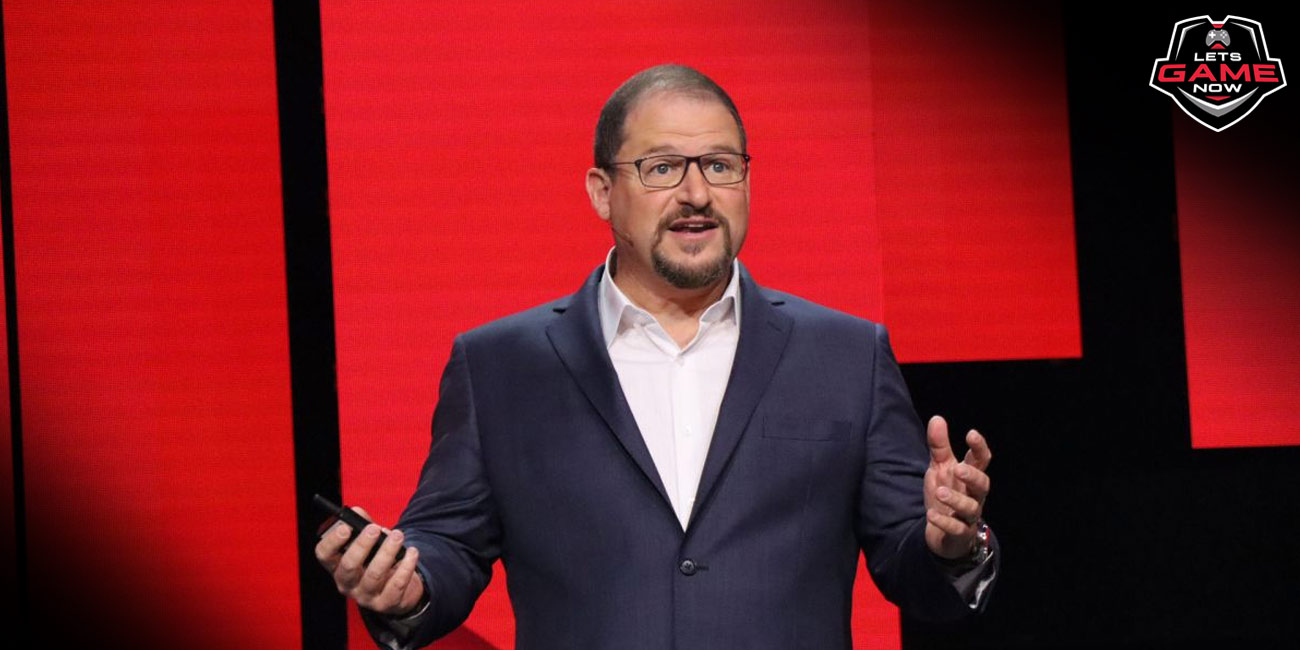


SB
Sep, 11.2022
Qualcomm CEO, Cristiano Amon left the best for last in a speech that touched on a lot of well-known topics and emphasized Qualcomm's collaborations with various businesses, including Bose and Samsung. Qualcomm is familiar with Meta, which is the parent company of Facebook and Oculus Quest VR. The businesses previously worked together to build the Snapdragon XR2 for Meta quest 2 by customizing Qualcomm's Snapdragon XR ("augmented reality") platform. However, this latest statement marks a strengthening of a seven-year partnership in which Meta and Qualcomm are collaborating to create a platform especially made for VR operations.
Mark Zuckerberg said that he was pleased to announce the development of their engineering relationship as the next stage of their alliance. He added, "We will be collaborating on custom VR chipsets. " Amon claims that 50 VR-related devices are currently powered by the Snapdragon XR chipset, but this will be the first time Qualcomm will be involved from the start, which may be advantageous for the future Meta Task 3 and Project Cambria headsets.
With the agreement, Qualcomm is recognizing that the metaverse is poised to become a significant consumer experience and business opportunity. Qualcomm has so far built mobile chips that are broadly suitable for smartphones, laptops, and an expanding range of mixed reality and VR devices. Building experiences and chipsets with the metaverse in mind can result in a richer virtual world across a variety of activities. The future headsets that will have these jointly created chipsets, as well as their possible release date, were not specified by Zuckerberg and Amon. Furthermore, it's not known if these functions will be exclusive to the Quest headsets or if future Snapdragon XR CPUs will function similarly in VR systems made by other businesses.
Other intriguing Qualcomm revelations included upcoming Snapdragon support for satellite communications. The announcement comes as firms like Starlink and T-Mobile are attempting to connect regular 5G phones through satellite, and Apple is said to be adding satellite functionality to the iPhone 14 and Apple Watch 8. Amon from Qualcomm also made some significant hints about the future of electric automobiles. The automobile, according to Amon, offers the "ultimate mobile experience." Qualcomm is creating an open, horizontal platform for automotive technologies. Additionally, the business disclosed a special Automotive Investor Day scheduled for September 22 when it will discuss its automotive strategy.
We’ve finally gotten to the Metaverse! #IFA2022 pic.twitter.com/WzNGv5gTM9
— Lance Ulanoff (@LanceUlanoff) September 2, 2022
A huge bet
The technology and software that make up virtual reality are only as excellent as their implementation, so it's thrilling to learn that future metaverse experiences will be powered by better CPUs. Metaverse is still mostly an unproven product, though. Recent earnings data from Meta showed that its The Reality Labs division spent $10 billion in 2021. Though the number of consumers purchasing and playing VR games is nothing near iPhone levels. While the majority of people would claim they couldn't live without their smartphone, it's unlikely that they would say the same about virtual reality.
In a way, Qualcomm and Meta are cooperating to spread awareness of the Meta cosmos. Meta has little to no experience with silicon but is an expert in social media and virtual reality. We've only dreamed about the potential and next-generation VR headsets that could result from this cooperation. The greatest way to explain it was perhaps by Mark Zuckerberg, who said that unlike mobile phones, producing virtual reality poses new, multidimensional hurdles in spatial computing, cost, and form factor. These chipsets will enable us to deliver incredible experiences while pushing the boundaries of virtual reality.